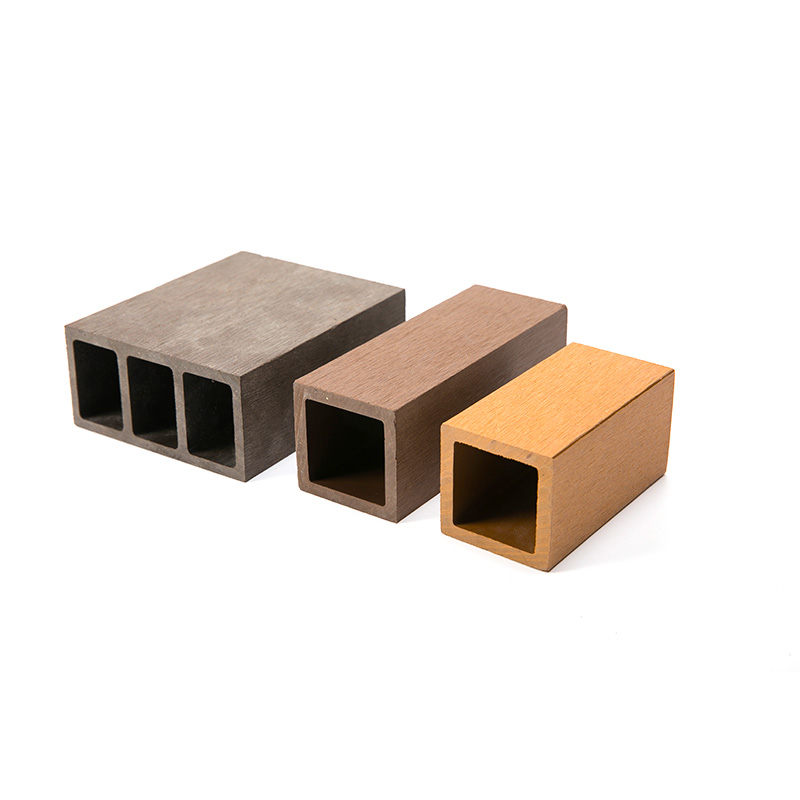As people's awareness of environmental protection continues to increase, the demand for materials that replace traditional wood is also increasing. As an environmentally friendly material, WPC co-extrusion fencing can not only effectively reduce the demand for traditional wood, but also reduce its related environmental impact. This article will explore how WPC co-extrusion fencing can become an environmentally friendly choice and its positive impact on traditional wood demand and environmental impact.
WPC co-extruded fence
The manufacturing materials of
WPC co-extrusion fencing mainly include wood fiber and plastic. This combination allows WPC to have the advantages of traditional wood and plastic while avoiding their respective disadvantages. Compared with traditional wood, WPC does not require logging and can effectively reduce the deforestation of natural forests, thus protecting the ecological environment. In addition, the production process of WPC also reduces the demand for wood, reducing wood waste and environmental damage.

WPC material
WPC co-extrusion fencing has excellent weather resistance and corrosion resistance, and has a longer service life than traditional wood, reducing the need for wood replacement. In addition, the WPC material itself is recyclable, helping to reduce resource waste and environmental pollution. Therefore, choosing WPC co-extruded fence can effectively reduce the demand for traditional wood and reduce the impact of wood consumption on the environment.
WPC weather resistance
In addition to the reduced need for traditional wood, choosing WPC co-extrusion fencing can also help improve air quality. The production and use of WPC materials produces fewer pollutants and has less impact on the environment than traditional wood processing and anti-corrosion treatments. Therefore, WPC co-extrusion fencing not only has the advantage of reducing the demand for wood, but also reduces related environmental impacts, making a positive contribution to the ecological environment.
WPC environmental protection
As an environmentally friendly material, WPC co-extruded fence has obvious advantages and can effectively reduce the demand for traditional wood and reduce its related environmental impact. Choosing WPC co-extrusion fencing not only meets the needs of modern society for environmental protection and sustainable development, but also contributes to improving the ecological environment. Therefore, WPC co-extrusion fencing has great potential in replacing traditional wood and will be more widely used in fence construction and other fields in the future.

